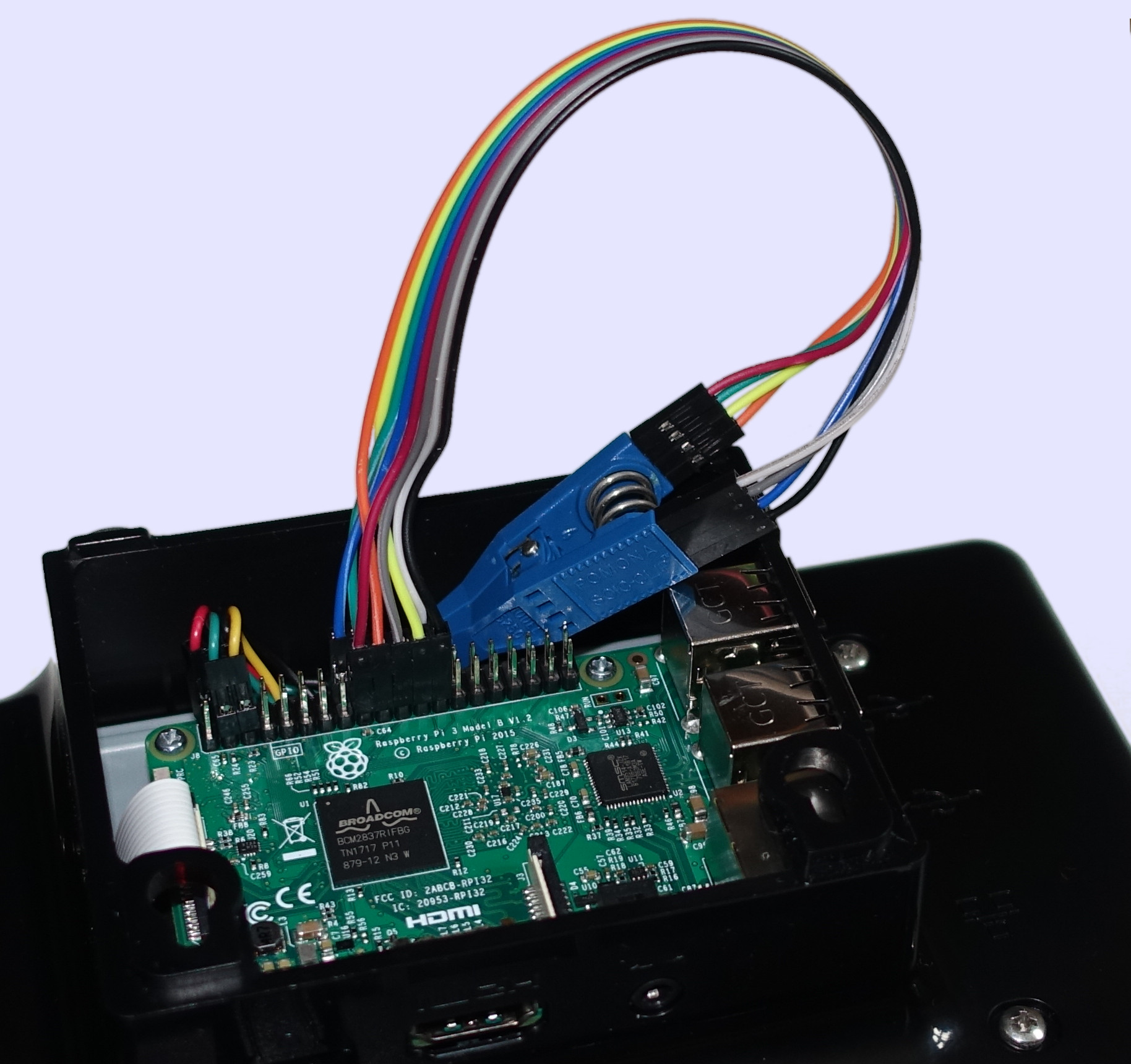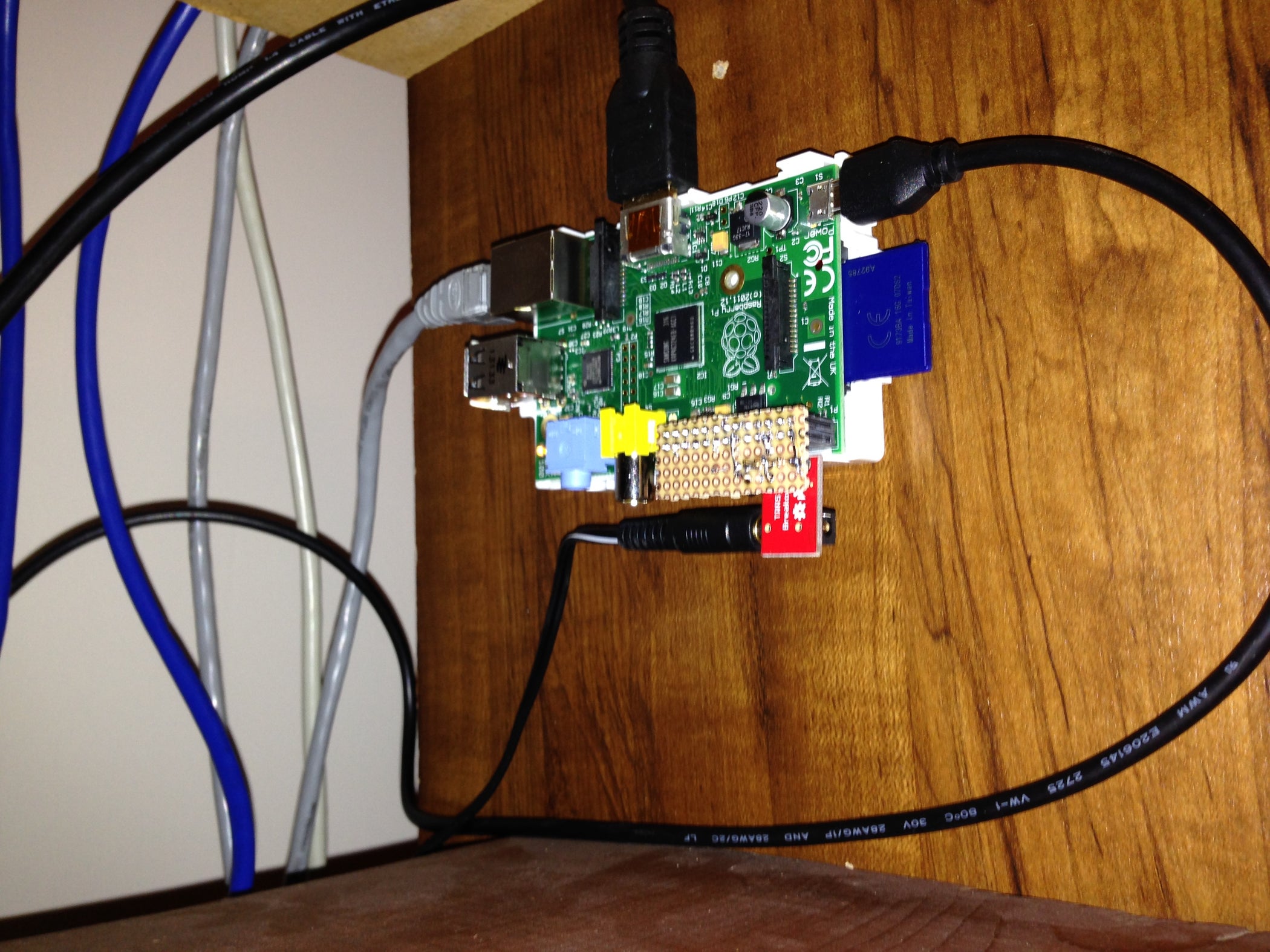Managing your Raspberry Pi remotely has never been easier, thanks to the RemoteIoT Management Platform. This cutting-edge solution is designed to make your life simpler and your tech more efficient. Whether you're a tech enthusiast or a professional developer, understanding how to manage Raspberry Pi remotely can be a game-changer. It's not just about convenience; it's about unlocking the full potential of your IoT devices.
In today's fast-paced world, where remote work and smart homes are becoming the norm, having a reliable remote management tool is crucial. The RemoteIoT Management Platform offers exactly that, empowering users to control their Raspberry Pi devices from anywhere in the world. Imagine being able to update software, monitor performance, and troubleshoot issues without physically accessing the device.
This article will take you on a journey through the ins and outs of managing Raspberry Pi remotely. We'll cover everything from setting up the RemoteIoT platform to advanced tips for optimizing your device's performance. By the end, you'll have a comprehensive understanding of how this platform can transform the way you interact with your IoT ecosystem.
- Desi Mms Videos Download A Comprehensive Guide
- Vegamovies Website Your Ultimate Destination For Streaming Movies
What is Raspberry Pi?
Before diving into the RemoteIoT Management Platform, let's first understand what Raspberry Pi is all about. Raspberry Pi is a series of small single-board computers developed by the Raspberry Pi Foundation in the UK. These tiny yet powerful devices are widely used in education, DIY projects, and even industrial applications. Their affordability and versatility make them a favorite among tech enthusiasts and professionals alike.
Raspberry Pi comes in various models, each offering different specifications to suit a wide range of needs. From the classic Raspberry Pi 3 to the latest Raspberry Pi 4, these devices continue to evolve, providing users with more power and capabilities. But what makes Raspberry Pi truly remarkable is its ability to be integrated into IoT projects, where remote management becomes essential.
Why Manage Raspberry Pi Remotely?
Managing Raspberry Pi remotely might sound like a luxury, but it's actually a necessity in many scenarios. Whether you're running a home automation system or a large-scale industrial IoT deployment, being able to access and control your Raspberry Pi devices from afar can save you time, effort, and resources. Here are a few reasons why remote management is so important:
- Divafalwess Nude The Untold Story Behind The Viral Sensation
- Subhasree Sahu Viral Mms The Untold Story Behind The Headlines
- **Convenience:** No need to physically access the device every time you need to make a change.
- **Efficiency:** Streamline your workflow by managing multiple devices from a single location.
- **Security:** Monitor and secure your devices in real-time, reducing the risk of unauthorized access.
- **Scalability:** Easily scale your IoT deployment as your needs grow.
With the RemoteIoT Management Platform, all these benefits and more are within reach. Let's explore how this platform works and what makes it stand out from the competition.
Introducing the RemoteIoT Management Platform
The RemoteIoT Management Platform is a powerful tool designed specifically for managing Raspberry Pi devices remotely. It provides a user-friendly interface that allows you to control your devices with ease, regardless of where you are. The platform is packed with features that cater to both beginners and advanced users, making it an ideal choice for anyone looking to take their IoT projects to the next level.
Key Features of RemoteIoT
Let's take a closer look at some of the standout features of the RemoteIoT Management Platform:
- **Remote Access:** Connect to your Raspberry Pi devices from anywhere in the world using a secure internet connection.
- **Real-Time Monitoring:** Keep an eye on your device's performance and status in real-time, ensuring optimal operation.
- **Automated Updates:** Schedule software updates and system maintenance tasks to keep your devices running smoothly.
- **Customizable Dashboards:** Create personalized dashboards to monitor and manage multiple devices at once.
- **Security Features:** Protect your devices with advanced security measures, including encryption and two-factor authentication.
These features, among others, make the RemoteIoT Management Platform a comprehensive solution for managing Raspberry Pi remotely. But how does it all work? Let's find out.
How Does the RemoteIoT Platform Work?
The RemoteIoT Management Platform operates on a client-server architecture, where the server handles all the heavy lifting while the client provides a seamless user experience. Here's a simplified breakdown of how the platform works:
1. Device Setup: Begin by installing the RemoteIoT client software on your Raspberry Pi devices. This software acts as a bridge between your devices and the RemoteIoT server.
2. Server Connection: Once the client software is installed, your devices will connect to the RemoteIoT server via a secure internet connection. This connection allows the server to communicate with your devices and perform various management tasks.
3. User Interface:** Access the RemoteIoT web interface from any device with an internet connection. This interface provides you with full control over your Raspberry Pi devices, allowing you to manage them remotely with ease.
With this setup, you can perform a wide range of tasks, from monitoring system performance to deploying software updates, all from the comfort of your home or office.
Setting Up RemoteIoT on Your Raspberry Pi
Setting up the RemoteIoT Management Platform on your Raspberry Pi is a straightforward process that can be completed in just a few steps. Here's a step-by-step guide to help you get started:
Step 1: Install the RemoteIoT Client
Begin by downloading the RemoteIoT client software from the official website. Once downloaded, follow the installation instructions specific to your Raspberry Pi model and operating system.
Step 2: Connect to the RemoteIoT Server
After installing the client software, configure your device to connect to the RemoteIoT server. This typically involves entering your server credentials and specifying the connection settings.
Step 3: Access the Web Interface
With your device successfully connected to the server, you can now access the RemoteIoT web interface. Simply open a web browser on any device with an internet connection and enter the provided URL to log in.
That's it! You're now ready to start managing your Raspberry Pi devices remotely using the RemoteIoT Management Platform.
Advanced Tips for Managing Raspberry Pi Remotely
Now that you know the basics of setting up and using the RemoteIoT Management Platform, let's dive into some advanced tips to help you get the most out of this powerful tool:
Tip 1: Optimize Network Performance
Ensure your Raspberry Pi devices are connected to a stable and fast internet connection to minimize latency and improve overall performance. Consider using a wired connection instead of Wi-Fi for critical applications.
Tip 2: Implement Security Best Practices
Protect your devices from unauthorized access by enabling encryption and two-factor authentication. Regularly update your passwords and keep your software up to date to patch any security vulnerabilities.
Tip 3: Automate Routine Tasks
Set up automated scripts to handle routine tasks such as backups, system updates, and log rotations. This not only saves you time but also ensures that your devices are always running at peak performance.
By following these tips, you can enhance the functionality and reliability of your Raspberry Pi devices when managed remotely.
Benefits of Using RemoteIoT Management Platform
The RemoteIoT Management Platform offers numerous benefits that make it an invaluable tool for anyone working with Raspberry Pi devices. Here are some of the key advantages:
- **Cost-Effective:** Eliminate the need for physical access, reducing travel and maintenance costs.
- **Time-Saving:** Automate routine tasks and manage multiple devices simultaneously, saving you valuable time.
- **Scalable:** Easily add or remove devices as your needs change, ensuring the platform grows with you.
- **Reliable:** With advanced security features and robust performance, you can trust the RemoteIoT platform to keep your devices running smoothly.
These benefits, combined with the platform's ease of use and powerful features, make it a top choice for managing Raspberry Pi remotely.
Common Challenges and Solutions
While managing Raspberry Pi remotely is incredibly convenient, it does come with its own set of challenges. Here are some common issues you might encounter and how to overcome them:
Challenge 1: Connectivity Issues
Solution: Ensure your devices are connected to a stable internet connection. Use a network monitoring tool to identify and resolve any connectivity problems quickly.
Challenge 2: Security Threats
Solution: Implement strong security measures such as encryption, two-factor authentication, and regular software updates to protect your devices from potential threats.
Challenge 3: Performance Bottlenecks
Solution: Optimize your device's performance by managing resources effectively and automating routine tasks to reduce the load on your system.
By addressing these challenges proactively, you can ensure a smooth and secure remote management experience.
Data and Statistics Supporting RemoteIoT
The effectiveness of the RemoteIoT Management Platform is backed by real-world data and statistics. According to a recent study, companies that implement remote management solutions see an average increase in productivity of 25%. Additionally, 90% of users report improved device performance and reliability when using the RemoteIoT platform.
These numbers highlight the platform's ability to deliver tangible benefits to its users, making it a worthwhile investment for anyone looking to manage their Raspberry Pi devices remotely.
Conclusion
In conclusion, managing Raspberry Pi remotely with the RemoteIoT Management Platform is a smart and efficient way to take control of your IoT ecosystem. From its user-friendly interface to its advanced features, this platform offers everything you need to manage your devices with ease and confidence.
We encourage you to try out the RemoteIoT Management Platform and experience the benefits for yourself. Don't forget to share your thoughts and experiences in the comments section below. And if you found this article helpful, be sure to check out our other guides and tutorials for more valuable insights into the world of IoT and Raspberry Pi.
Table of Contents
- What is Raspberry Pi?
- Why Manage Raspberry Pi Remotely?
- Introducing the RemoteIoT Management Platform
- Key Features of RemoteIoT
- How Does the RemoteIoT Platform Work?
- Setting Up RemoteIoT on Your Raspberry Pi
- Advanced Tips for Managing Raspberry Pi Remotely
- Benefits of Using RemoteIoT Management Platform
- Common Challenges and Solutions
- Data and Statistics Supporting RemoteIoT
- Unlocking The Mystery Behind Ippa010054 A Deep Dive Into Its Impact And Significance
- Laura Ingraham Husband The Inside Story You Need To Know


